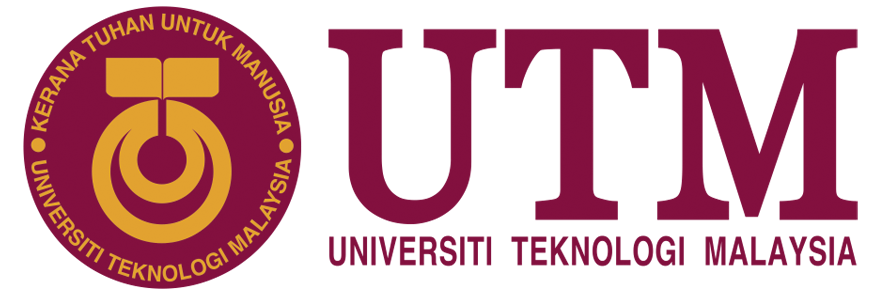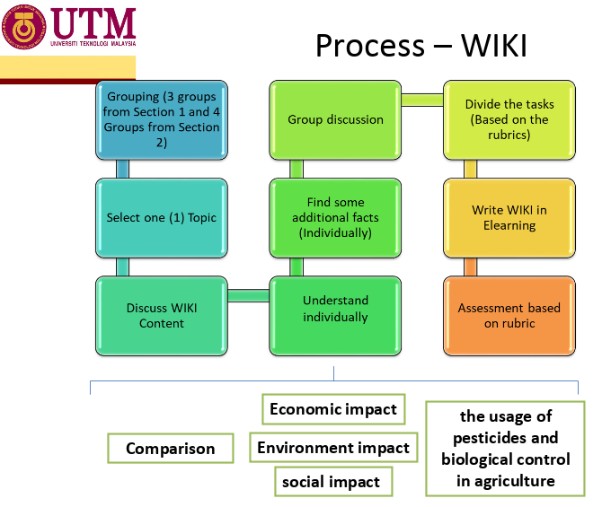The practices of assessment and evaluation in my T&L are structured, using technologies and flexible. I believe that students should be assessed after they understand the concept of the topic.
For BioControl subject, the assessment activities were more focusing on assignment because they are 3rd year students who have many experiences in T&L at university. I also believe that the students’ assessment is also based on their level of study either undergraduate or postgraduate or senior (3rd and 4th years) or junior students (1st and 2nd years). For senior students, the assessment can be done at high level of T&L such as analysis, creation and evaluation levels.
For example, in Bioorganic Chemistry subject, the quiz in certain topic was given after the lectures and after tutorial discussion in the class. The quiz was assessed at certain period and the way to answer the question was discussed in the class. In this way, student will more understand on the topic clearly and use this way for the next assessment activities i.e. test and final exam. In this subject, the generic skills i.e. Thinking Skill and Communication Skill are assessed and evaluated in the form of assignment after I clarified and explained the basic of organic chemistry.
These two subjects involve formative assessments such as quizzes, tests and assignment and summative assessment which is final exam. These assessments are also designed based on the Course Information and Constructive alignment that have been designed at the early semester. For the assessment of the generic skills, it was based on the assessment rubrics suitable for the topics such as thinking skills rubric, communication skills rubric etc. I believe that the structured student assessments for technical and generic skills could improve not only understanding on the basic concept but also improving students generic skills that are crucial for students future.
For introduction to entrepreneurship subject, the subject is totally based on experiential learning method where there is no formal assessment like quiz, test and final exam. In this subject, there were 4 assignments that students need to take including entrepreneur profile, business model using NABC approach, pitching and online business. The guidelines on these assignments and assessment were given by the subject coordinator from business school. In this way, I believe that biology students are not only understand the basic of entrepreneurship, but they also gained real experience as entrepreneur. This experience can help them in identifying weakness and strength in doing business or becoming entrepreneur. If they have strength and talent, it will be easy for them to do business during or after graduation. However, if they have weakness, they need to learn more, have entrepreneurial mindset and try to adapt to the entrepreneurial environment.


